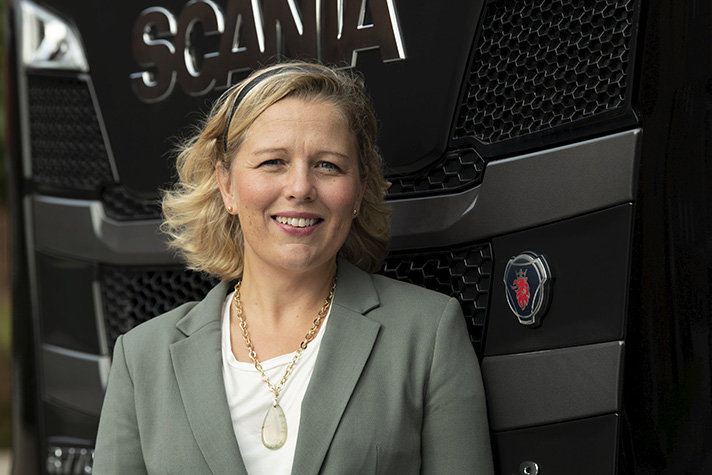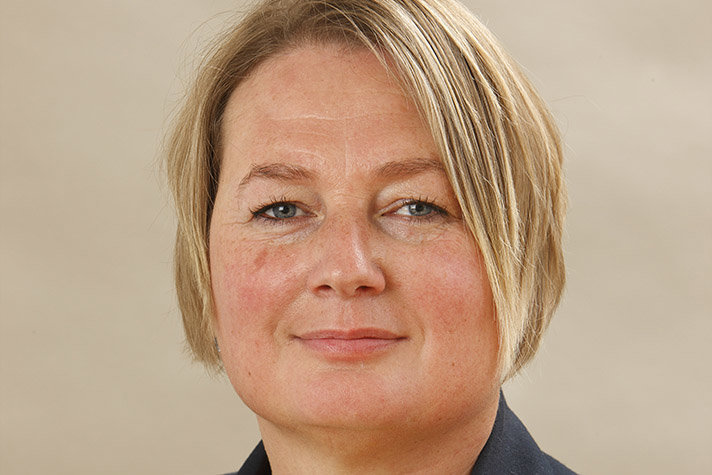This content was published in the period between 9 July 2021 and 30 November 2021
Partnership group’s work reflected in assignment on accelerated electrification
Published
To further accelerate the electrification of the transport sector, the Swedish National Road and Transport Research Institute (VTI) was commissioned by the Government to help build knowledge in this area. This need has been clearly highlighted in the work of the Government’s strategic innovation partnership programme Climate neutral industry.
The assignment means that the Swedish National Road and Transport Research Institute (VTI) will be helping build knowledge around a fast, smart, economically effective system of electrifying the transport sector. Highlighting how European developments in the area of data sharing via common data spaces can help accelerate electrification is also part of the assignment. VTI will also carry out pilot projects and develop models on the best way of making data available in practice, sharing it and harnessing it to optimise planning, development and operation of charging infrastructure.
A need emerging from Climate neutral industry
The need to contribute to knowledge-building has been clearly highlighted in the work of the Government’s strategic innovation partnership programme Climate neutral industry.
Responsible data sharing is an important element of the development of Sweden’s future charging infrastructure. Key tasks include identifying the needs and requirements of shared data streams and data spaces, and identifying and bringing together actors with opportunities to work further with these areas. Minister for Business, Industry and Innovation, Ibrahim Baylan, is the minister responsible for the innovation partnership programme, and believes the automotive industry, electricity companies, government agencies, trade associations, educational establishments and institutions will provide key expertise in this context.
“The electrification of the transport sector is crucial to the climate transition, and with current developments in the business sector it can also contribute to new business models and export products. This assignment is an example of the results of discussions in the Government’s innovation partnership programme,” says Ibrahim Baylan.

Solution-oriented discussions led to concrete proposals
Emilia Käck, Scania, has just taken on the role of chair of the working group on fossil-free transportation. Together with the working group’s spokesperson, Åsa Petterson, Swedenergy, she is keeping up the momentum in the group.
“The focus for the working group is road transportation, and we have intensified discussions in the group as a whole on biofuel and electrification, and homed in on the specifics in two committees. To achieve fossil-free transportation here and now requires both electrification and sustainable biofuels, which is why it’s great that we’ve chosen to focus on these areas in the committees. There have been some interesting discussions that have resulted in a workshop linked to data sharing and charging infrastructure. At the moment the biofuel committee is outlining what needs to be done to promote biofuel.”
Emilia Käck is particularly keen to highlight the active and dedicated participation of the members of the group, and how solution-oriented discussions have led to concrete proposals.
“Of course it’s great that the work in the electrification committee on data sharing is reflected in the assignment VTI was tasked with a few weeks ago on knowledge-building for fast, smart electrification.”

“Huge demand for knowledge base”
Åsa Aretun is Staff Director and Deputy Director General at VTI. She believes that greater integration of transport and energy systems that harness the opportunities presented by digitalisation is essential for the transition of the transport sector.
“There is huge demand for a knowledge base that facilitates decision-making and joint planning between sectors and actors, to accelerate the electrification of the transport sector. This is a significant and extensive assignment that needs to address the main challenges as well as opportunities associated with electrification. We hope the assignment will enable Sweden to move forward,” says Åsa Aretun.
The assignment also involves producing documentation for the work of the Electrification Commission, for example regarding digital solutions, electrification of shipping and the costs of electrification.
VTI is currently in an intensive planning and start-up phase, which involves defining the assignment’s remit and ensuring the right expertise is in place.
“Previous and ongoing projects relating to electrification in general and the transport sector in particular are especially important for us to refer to, to make sure our work complements these and contributes to a useful overall outcome. Contributing a knowledge base that is relevant to the Electrification Commission’s work is an important task,” explains Åsa Aretun.
The Government’s innovation partnership programmes
The objective of the Government’s innovation partnership programmes is to identify innovative solutions to major challenges facing society and to contribute to Sweden’s competitiveness. The themes are based on Sweden’s strengths and on the 2030 Agenda for Sustainable Development:
- Climate neutral industry
- Skills supply and lifelong learning
- Digital transformation of industry
- Health and life sciences

 X
X